
Bachelor of Medicine, Bachelor of Surgery MBBS
MBBS (Bachelor of Medicine and a Bachelor of Surgery) Courses, Admissions, Eligibility, Syllabus
MBBS or Bachelor of Medicine and Bachelor of Surgery is a very prolonged study that requires a huge amount of patience and ability. Being a medical professional is one of the bravest and most humble occupations. MBBS curriculum describes different medicine and human anatomy and is able to educate the participants on how to test and cure specific diseases. MBBS degrees cover various medical specialties to allow the learners to develop an in-depth understanding of the area of interest. In this article, we have discussed the MBBS course details which include MBBS admission, courses after MBBS, MBBS full form, MBBS course fee structure, and career opportunities after MBBS.
What is MBBS Full Form?
MBBS full form is Bachelor of Medicine, Bachelor of Surgery. Bachelor of Medicine, Bachelor of Surgery, or MBBS degree is a five-year-long undergraduate
medical degree programme. Bachelor of Medicine, Bachelor of Surgery, or MBBS is derived from the Latin phrase Medicinae Baccalaureus Baccalaureus Chirurgiae.
Highlights - MBBS
|
Course Name |
Bachelor of Medicine and Bachelor of Surgery |
|
Abbreviation |
MBBS |
|
Type |
Degree |
|
Level |
Undergraduate |
|
Field |
Healthcare |
|
Eligibility |
10+2 with Physics, Chemistry, and Biology |
|
Duration |
5.5 years |
|
Average Fee |
Rs. 71,000 to Rs.2600,000 |
|
Average Salary |
Rs. 360,000 per annum |
|
Career Opportunities |
Physician, Doctor, Endocrinologist, Pathologist, Neurologist, Cardiologist, Gynaecologist |
| Top Recruiters |
Apollo Group, Indian Nursing Council, Fortis Hospitals, Manipal Group, Medica |
Why Choose MBBS?
MBBS is a highly competitive programme as the admissions are offered on the basis of rank acquired in the NEET examination. Lakhs of students appear every year in the NEET examination for MBBS admission. Several students take a year off from their academic year to prepare for the NEET examination to get admission to prestigious medical colleges in India.
Students need to appear for the NEET counseling process once they get the required marks for admission. Successful completion of an MBBS course opens numerous opportunities for a medical career in the healthcare industry. Candidates can opt for an MS, MD, or DNB in any related specialization after successful completion of an MBBS programme. They can opt for numerous careers such as general surgeon, endocrinologist, pathologist, neurologist, physician, ENT specialist, cardiologist, and oncologist.
MBBS Eligibility Criteria
Applicants must meet the eligibility requirements for a Bachelor of Medicine and Bachelor of Surgery (BMBS) or MBBS course. Candidates also should be aware of the basic requirements needed for pursuing a bachelor's degree in medicine and a bachelor's degree in surgery, including the course understanding. These are the necessary eligibility requirements that the students must follow to obtain MBBS admission:
-
The minimum marks criteria may differ, although, in the intermediate test, general applicants should have scored at least 50 per cent marks.
-
The minimum age requirement is 17 years to register for the MBBS NEET exam.
-
Applicants will have to pass the medical entrance exam needed for MBBS admission.
-
Applicants should have done at least 10 + 2 with mandatory subjects Physics, Chemistry, and Biology.
-
The minimum percentage for eligible candidates for the reserved category is 40 per cent.
-
The maximum age restriction for applying for the MBBS course is 25 years
MBBS Application Process
There are various ways of enrolling students in the MBBS course provided by various institutions and schools. In the Bachelor of Medicine and Bachelor of Surgery programmes, educational institutions use various methodologies to enrol applicants. To receive an MBBS degree, applicants must follow the different strategies with a thorough understanding from which they must then achieve university admissions. The various methods by which candidates may become admitted to MBBS degree are described below.
Entrance exams: The most common method for approving candidates is a medical entrance exam used by colleges and universities. Aspiring MBBS students sit for different entrance exams to earn a Bachelor of Medicine and a Bachelor of Surgery (BMBS or MBBS) degree. The results obtained in these exams allow the students to apply to high-ranking universities offering such degrees.
Merit-based: There are colleges and universities in these courses which offer candidates admissions based on the marks achieved in 10+2. MBBS eligibility criteria are based on competencies gained in 10+2. These colleges often take students using their cut-off lists. But the number of these colleges is very less in numbers and the medical entrance exam is a must for this particular degree.
Popular Tags
Top MBBS Colleges in India MBBS Fees Structure MBBS Eligibility Criteria MBBS Application Process M.B.B.S. Colleges in Chennai M.B.B.S. Colleges in Bangalore M.B.B.S. Colleges in Kolkata M.B.B.S. Colleges in Hyderabad M.B.B.S. Colleges in Bhopal M.B.B.S. Colleges in Mumbai M.B.B.S. Colleges in Ahmedabad M.B.B.S. Colleges in Jaipur M.B.B.S. Colleges in Karnataka M.B.B.S. Colleges in Maharashtra M.B.B.S. Colleges in Tamil Nadu M.B.B.S. Colleges in Uttar Pradesh M.B.B.S. Colleges in Andhra Pradesh M.B.B.S. Colleges in Gujarat M.B.B.S. Colleges in Madhya Pradesh M.B.B.S. Colleges in Telangana M.B.B.S. Colleges in Rajasthan
Related Blogs
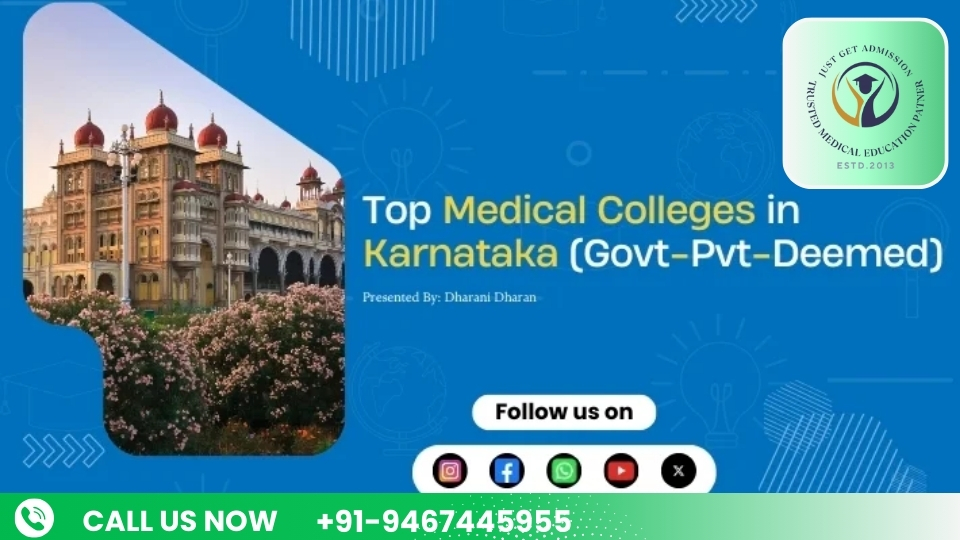
List of Medical Colleges in Karnataka 2024: Govt & Private list, Seats, Establishment etc.
Read More

Rajasthan NEET Counselling 2025: Registration (Started), Dates, Eligibility, Fees, Cutoff, Documents etc.
Read More
Rajasthan PG Medical Counselling 2024: Dates, Merit List (Out), Counselling Process, Seat Matrix, Cut-off
Read More
Medical Colleges in Himachal Pradesh (Government and Private): Admission Process, Course Fees, Available Seats, Eligibility and More.
Read More
Symbiosis Medical College Pune NRI Quota Admission 2025-26: Ranking, Fees, Eligibility, Documents etc.
Read More
MGM Medical College Navi Mumbai NRI Quota Admission 2025-26: Ranking, Fees, Eligibility, Documents etc.
Read More
Datta Meghe Medical College Nagpur NRI Quota Admission 2025-26: Ranking, Fees, Eligibility, Documents etc.
Read More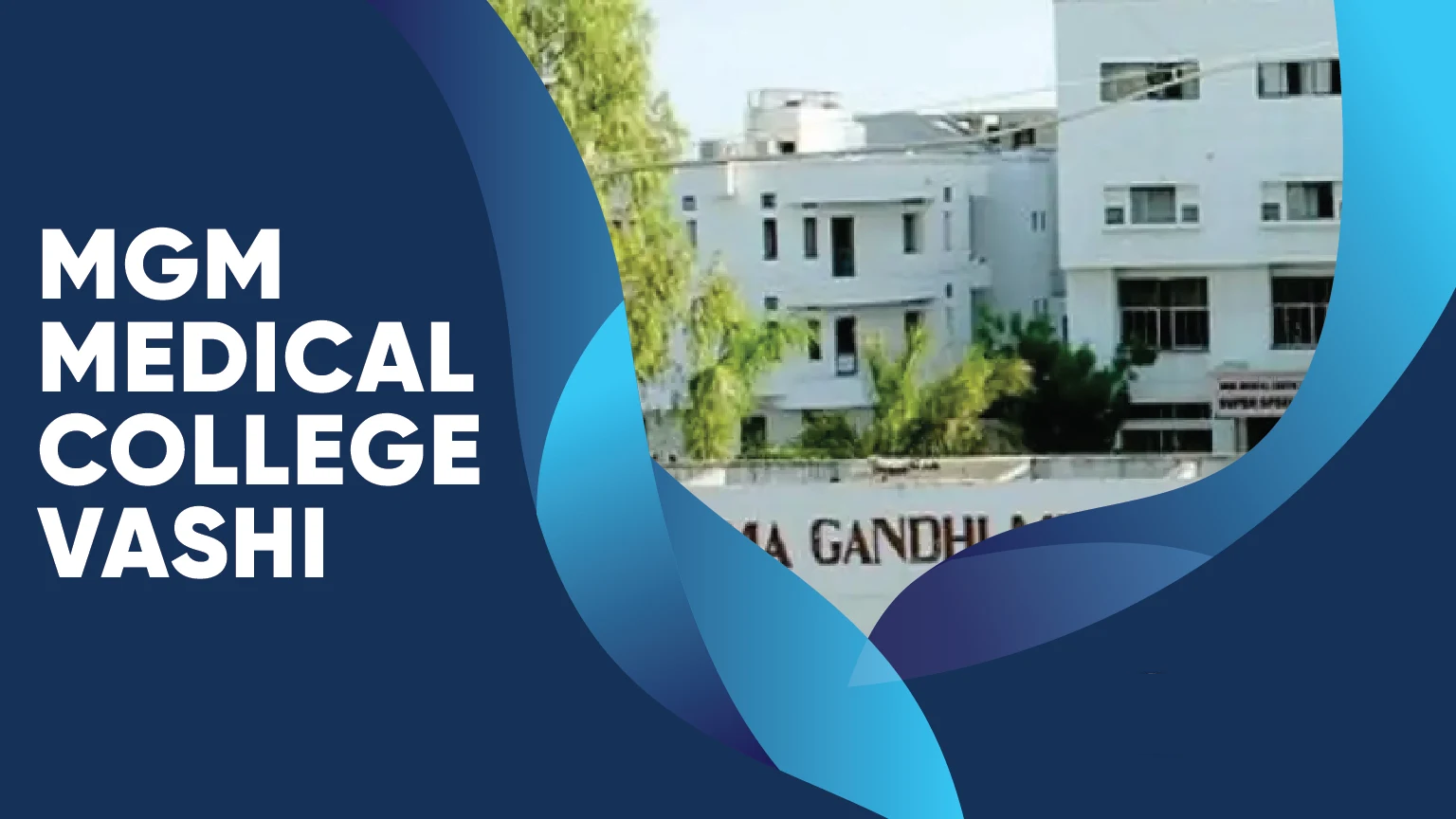
Mahatma Gandhi Mission Medical College Vashi NRI Quota Admission 2025-26: Ranking, Fees, Eligibility, Documents etc.
Read More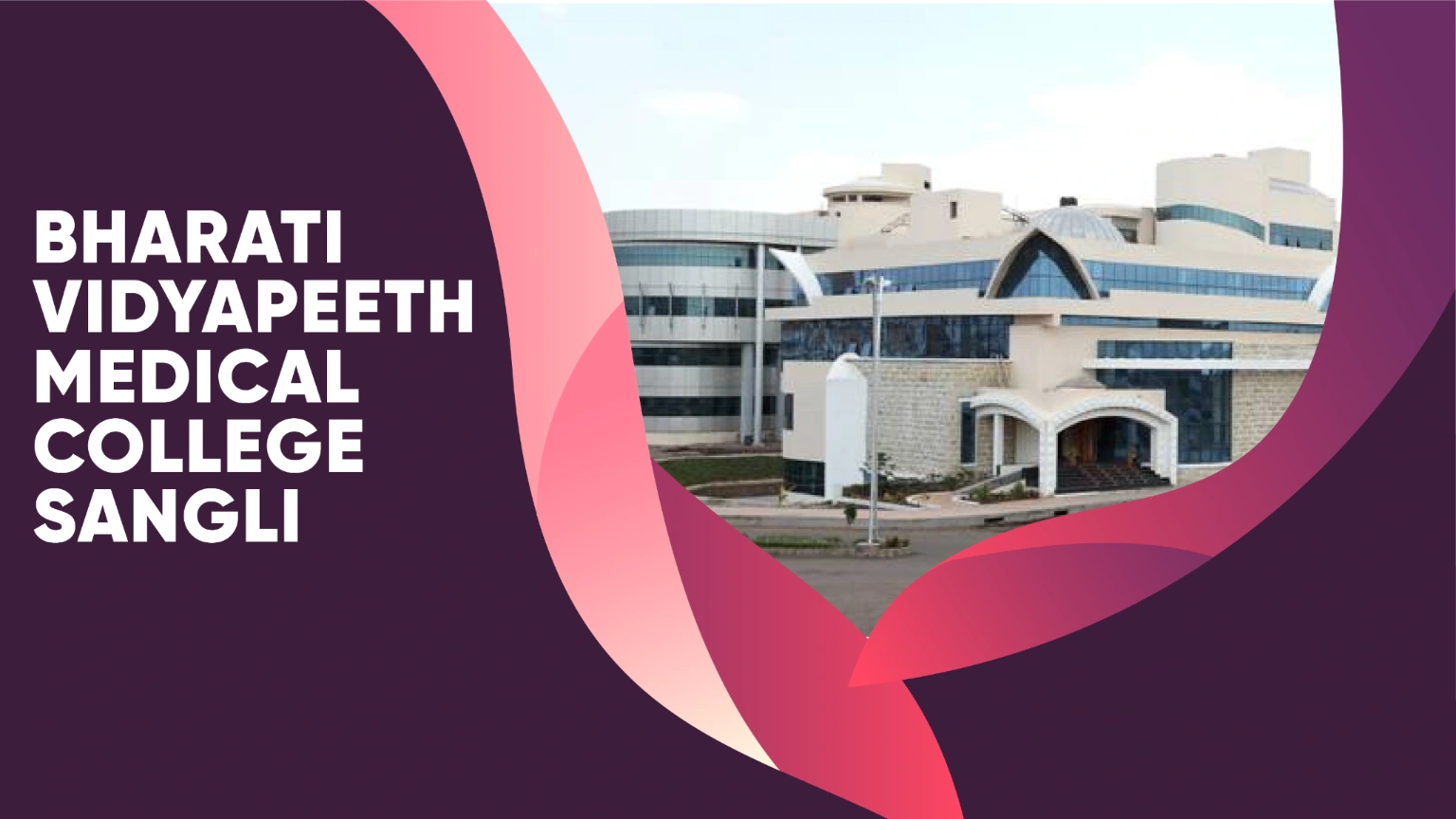
Bharti Vidyapeeth Medical College Sangli NRI Quota Admission 2025-26: Ranking, Fees, Eligibility, Documents etc.
Read More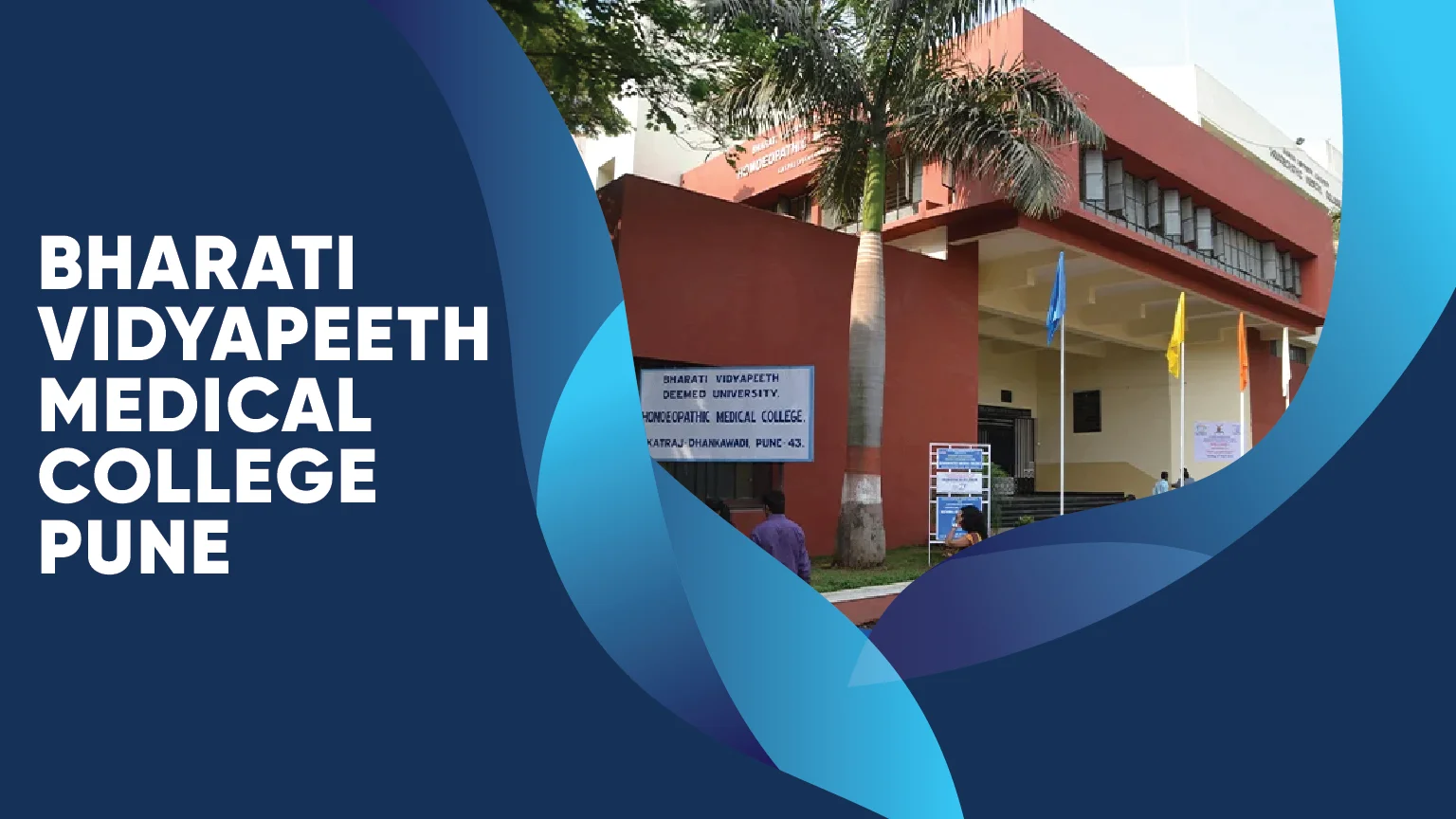
Bharati Vidyapeeth Medical College Pune NRI Quota Admission 2025-26: Ranking, Fees, Eligibility, Documents etc.
Read More
DY Patil Medical College Kolhapur NRI Quota Admission 2025-26: Ranking, Fees, Eligibility, Documents etc.
Read More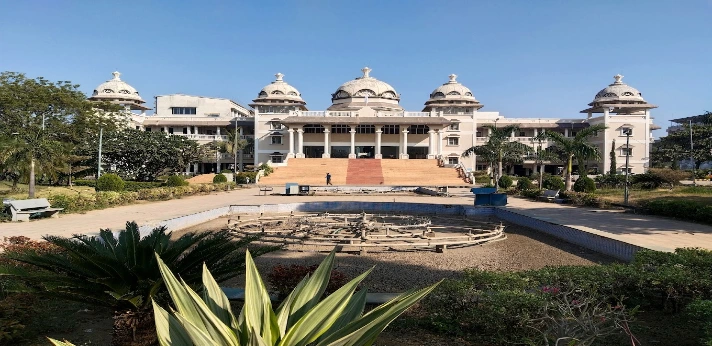
Jawaharlal Nehru Medical College Wardha NRI Quota Admission 2025-26: Ranking, Fees, Eligibility, Documents etc.
Read More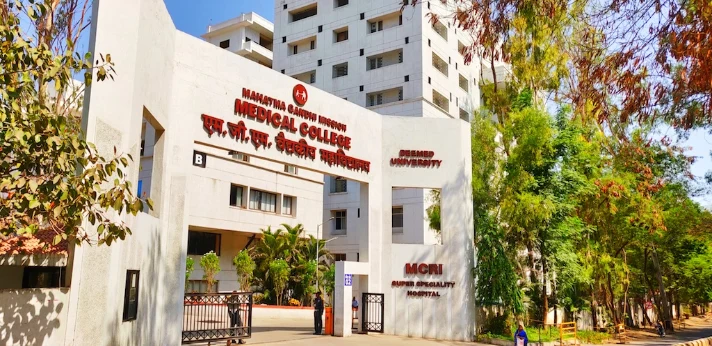
MGM Medical College Aurangabad NRI Quota Admission 2025-26: Ranking, Fees, Eligibility, Documents etc.
Read More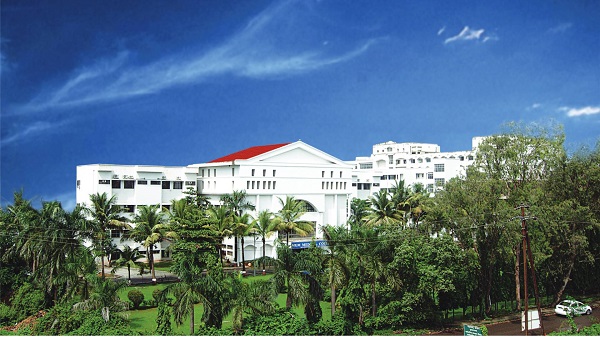
MGM Medical College Nerul NRI Quota Admission 2025-26: Ranking, Fees, Eligibility, Documents etc.
Read More
DY Patil Medical College Pune NRI Quota Admission 2025-26: Ranking, Fees, Eligibility, Documents etc.
Read More
DY Patil Medical College Navi Mumbai NRI Quota Admission 2025-26: Ranking, Fees, Eligibility, Documents etc.
Read More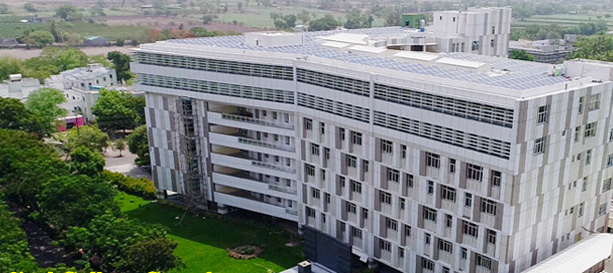
Pravara Institute Of Medical Sciences Loni NRI Quota Admission 2025-26: Ranking, Fees, Eligibility, Documents etc.
Read More
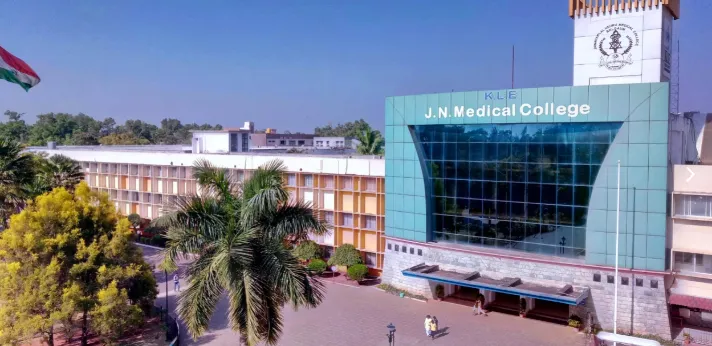
Jawaharlal Nehru Medical College Belgaum NRI Quota Admission 2025-26: Ranking, Fees, Eligibility, Documents etc.
Read More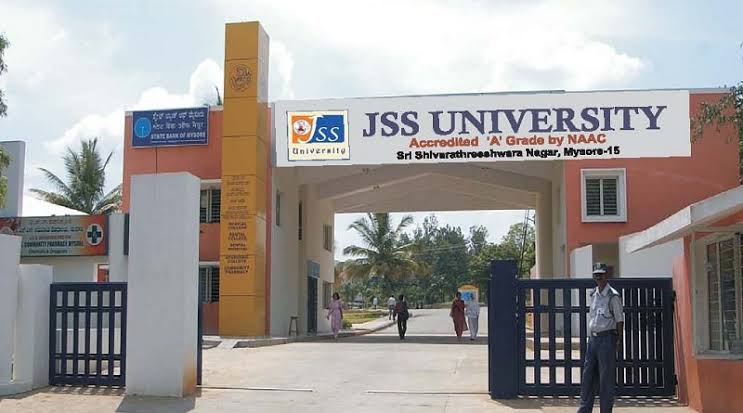
JSS Medical College Mysore NRI Quota Admission 2025-26: Ranking, Fees, Eligibility, Documents etc.
Read More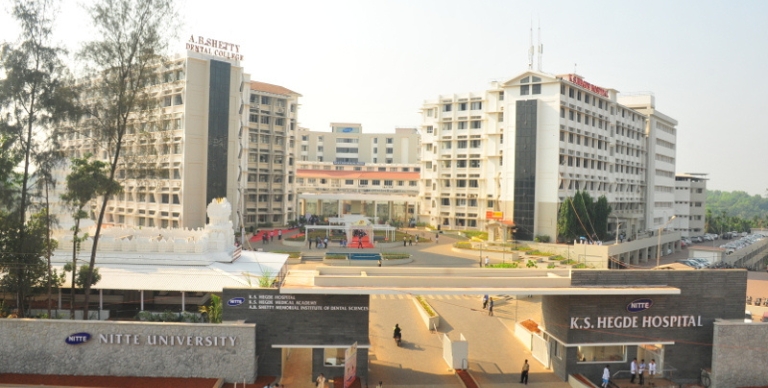
KS Hegde Medical College Mangalore NRI Quota Admission 2025-26: Ranking, Fees, Eligibility, Documents etc.
Read More
Kasturba Medical College Mangalore NRI Quota Admission 2025-26: Ranking, Fees, Eligibility, Documents etc.
Read More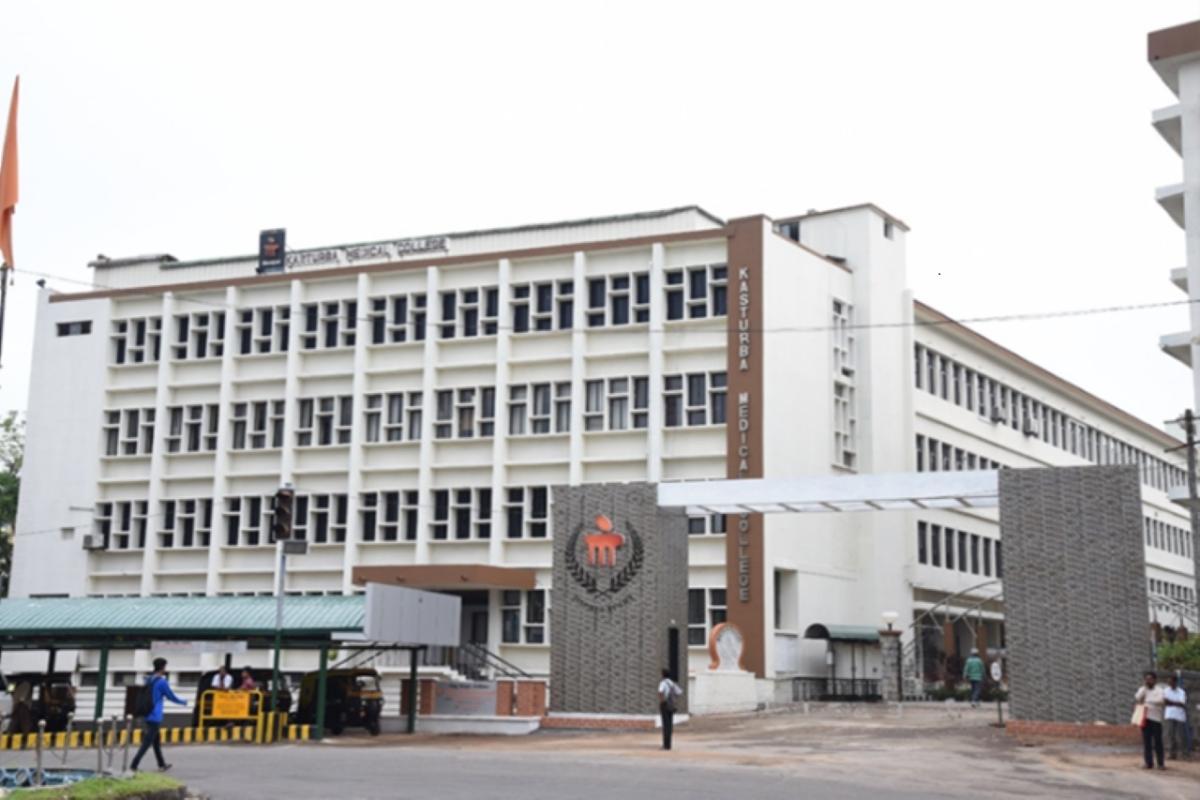
Kasturba Medical College Manipal NRI Quota Admission 2025-26: Ranking, Fees, Eligibility, Documents etc.
Read More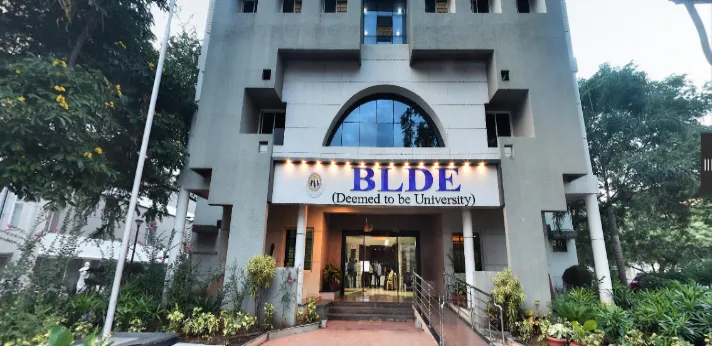
Shri BM Patil Medical College Bijapur NRI Quota Admission 2025-26: Ranking, Fees, Eligibility, Documents etc.
Read More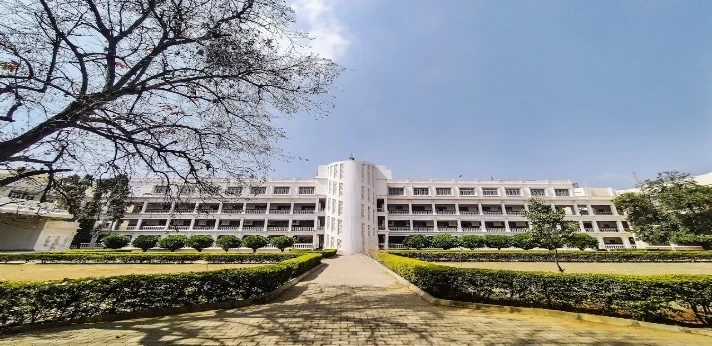
Sri Devaraj Urs Medical College Kolar NRI Quota Admission 2025-26: Ranking, Fees, Eligibility, Documents etc.
Read More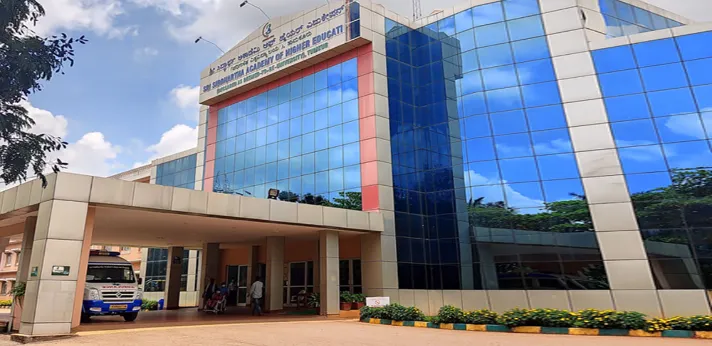
Sri Siddhartha Medical College Tumkur NRI Quota Admission 2025-26: Ranking, Fees, Eligibility, Documents etc.
Read More
Yenepoya Medical College Mangalore NRI Quota Admission 2025-26: Ranking, Fees, Eligibility, Documents etc.
Read More
MGM Medical College Kalamboli MBBS Admission 2025-26: Ranking, Fees, Eligibility, Documents etc.
Read More
